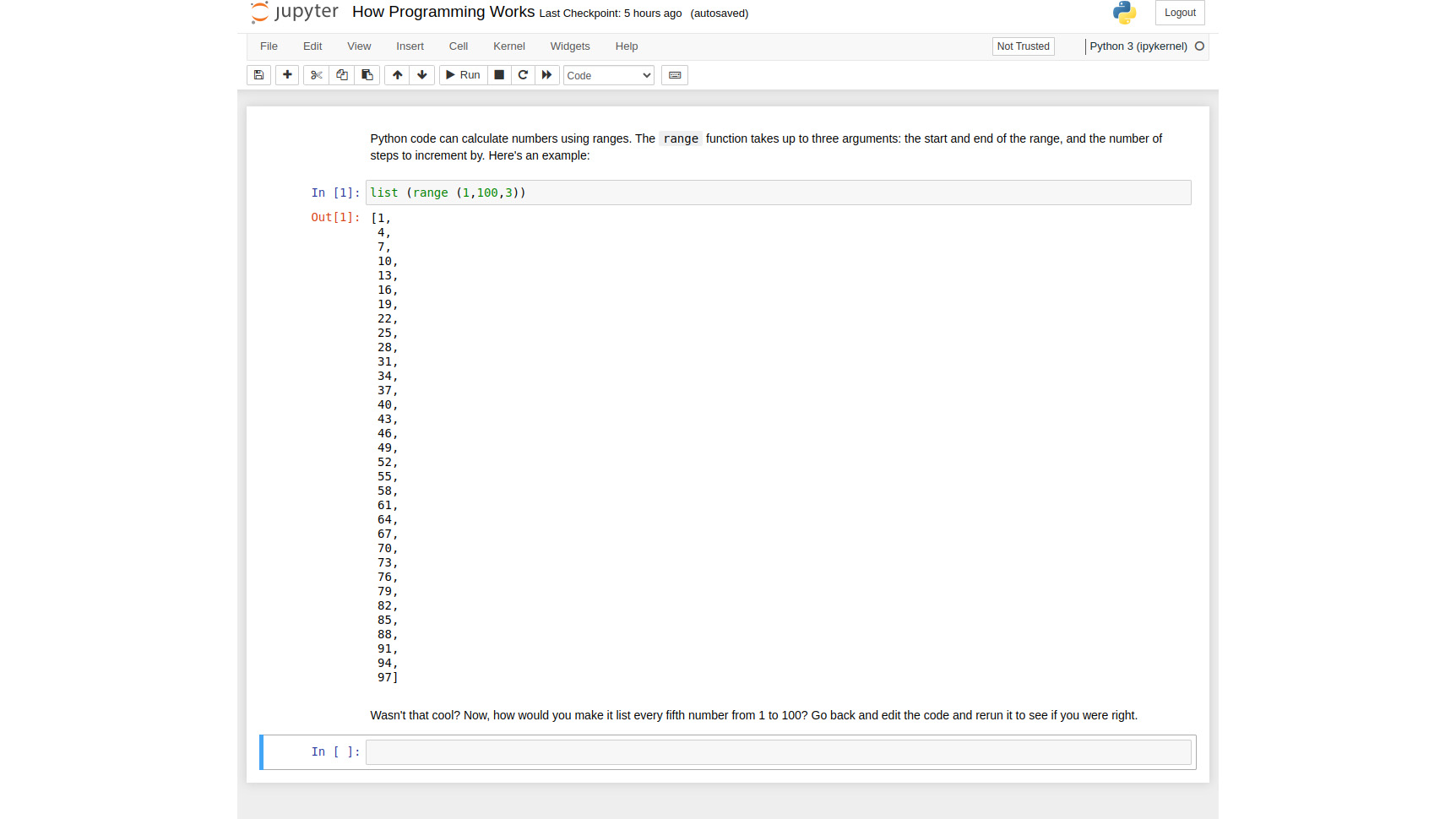Raspberry Pi: What's in it for business?
The £29 micro-computing marvel has finally shipped, and we investigate the potential business benefits that it could deliver in the UK.

That's an issue which puts UK manufacturing at a serious disadvantage, but one which only the government can address - unlike the second problem. The apparently lackadaisical attitude shown by UK high-tech manufacturing to the relatively small-scale projects, which the Pi first appeared to be. Cost is also an issue, with the Foundation reporting a labour cost delta of 5 to 10 per panel between the UK and China, and service is rather more pressing.
"Chinese companies just work harder for your business," Upton explained in an interview earlier this year. "A Chinese company will work through the weekend phoning up different component suppliers, they'll reduce your cost by getting cheaper parts, and then they'll give you a much shorter schedule at a much lower cost.
"There is a cost element to this, but also a service element; I mean, these Chinese companies are really keen for your business, and that was disappointing to me because there's no reason a British company can't be like that," Upton explained.

Upton with an early batch of units shipped from China
With a clear market for low-cost devices similar to the Pi, and an indication of how the UK needs to change in order to win back manufacturing orders from the Far East, the opportunities are there.
Another market with potential is with accessories. The first Raspberry Pi Accessory Kits,' providing SD cards pre-loaded with software, 3D printed cases and power supplies, have started to appear in the channel, along with add-on devices like Gert van Loo's Gertboard and the Slice of Pi break-out board from UK-based Ciseco.
With the Pi expected to sell many tens of thousands of units world-wide, there's a real market for complementary products - and that's a market which the UK technology industry should be thinking about exploiting.
Get the ITPro daily newsletter
Sign up today and you will receive a free copy of our Future Focus 2025 report - the leading guidance on AI, cybersecurity and other IT challenges as per 700+ senior executives
Nurturing future talent
Looking away from the short term and further into the future, the Pi starts to have a real impact. The launch of the device saw such unprecedented demand that distribution and manufacturing partners Farnell and RS Components had their global websites downed under the traffic, and the devices are still proving hard to come by despite strong production schedules.
Although many of the Pi's current buyers are hackers and tinkerers, the Foundation's stated goal is to produce a device which can be used to further the improvement of computing education in the UK and abroad.
Gareth Halfacree is an experienced tech journalist and IT professional, and has been writing since 2006. In addition to contributing article for ITPro, Gareth has been featured in publications such as PC Pro, Techmeme, The Register, The MagPi, and Tom’s Hardware.
In addition to his digital articles, Gareth is the author of several best-selling books. These include the Raspberry Pi User Guide, an essential text for those looking to get started with their Raspberry Pi, as well as The Official Raspberry Pi Beginner’s Guide. Gareth also wrote the Official BBC micro:bit User Guide, a comprehensive guide to setting up the pocket-sized computer, learning to code on it, and even creating your own hardware addons.
-
 M&S suspends online sales as 'cyber incident' continues
M&S suspends online sales as 'cyber incident' continuesNews Marks & Spencer (M&S) has informed customers that all online and app sales have been suspended as the high street retailer battles a ‘cyber incident’.
By Ross Kelly
-
 Manners cost nothing, unless you’re using ChatGPT
Manners cost nothing, unless you’re using ChatGPTOpinion Polite users are costing OpenAI millions of dollars each year – but Ps and Qs are a small dent in what ChatGPT could cost the planet
By Ross Kelly
-
 Oracle Java pricing concerns could spark a developer exodus
Oracle Java pricing concerns could spark a developer exodusNews Oracle Java users have raised concerns over pricing, with many considering switching to open source options.
By Solomon Klappholz
-
 Python just brushed past JavaScript to become the most popular programming language on GitHub – and a key factor is that AI developers love it
Python just brushed past JavaScript to become the most popular programming language on GitHub – and a key factor is that AI developers love itNews The meteoric rise of Python shows no sign of stopping
By Nicole Kobie
-
 JupyterLab review: A powerful tool for documenting your data science journey
JupyterLab review: A powerful tool for documenting your data science journeyReviews Literate programming toolkit takes dynamic code documents to new heights
By Danny Bradbury
-
 Microsoft continues its Rust mission with new kernel features
Microsoft continues its Rust mission with new kernel featuresNews The latest critical feature comes as a "small trial" to select Windows Insiders
By Connor Jones
-
 Report: Regulatory and monetary incentives needed to adopt safer programming languages
Report: Regulatory and monetary incentives needed to adopt safer programming languagesNews Companies have been urged to create plans on how they intend to get rid of memory-unsafe code in their products
By Zach Marzouk
-
 Complaining about Windows Update? You should try upgrading a Raspberry Pi
Complaining about Windows Update? You should try upgrading a Raspberry PiOpinion Regular updates is key to a happy Raspberry Pi, and missing out on upgrades can lead to things going horribly wrong
By Paul Ockenden
-
 Microsoft Azure CTO hails 'most loved' Rust as the successor to C and C++
Microsoft Azure CTO hails 'most loved' Rust as the successor to C and C++News Rust is a newer programming language that developers enjoy using and learning, and it's being adopted far across the industry, too
By Connor Jones
-
 Programming with Python: Time to upgrade to fancy ANSI
Programming with Python: Time to upgrade to fancy ANSIOpinion Wordle inspires Dick to reinvent his 1980s ASCII toolkit for the 2020s, but this time he doubles down with ANSI
By Dick Pountain